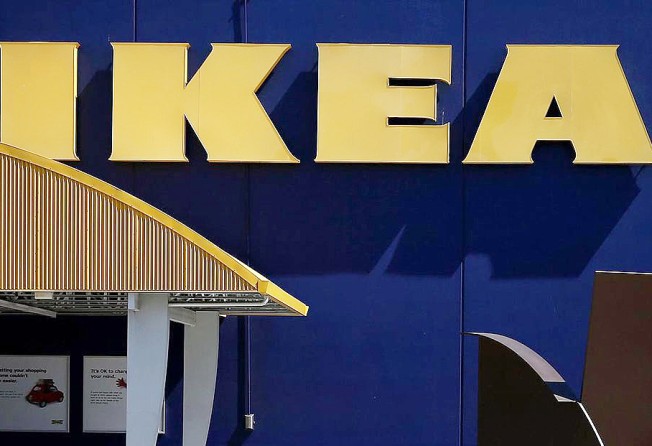
Ikea paid millions to Romania's communist secret police in 1980s
Swedish furniture chain made secret payments to the feared Securitate through deals with a local furniture manufacturer in the 1980s

Romania's brutal communist-era secret police received covert six-figure payments from Ikea as part of the Swedish group's deals with a local furniture manufacturer in the 1980s, according to documents obtained by The Guardian.

The documents suggest Ikea was complicit in the arrangement. Ikea denies complicity, but has launched an internal investigation. It says it was unaware of the Securitate's involvement in its commercial operations.
The revelations will nonetheless raise new questions about Ikea's operations during the cold war, when it also used East German political prisoners to build its products. Ikea was one of a small number of Western companies that took advantage of the increasing openness for business of several Eastern Bloc countries during the 1980s. It was attracted to the prodigious timber resources and cheap labour offered by a country such as Romania.
It made a deal with a Romanian state-run timber company, Tehnoforestexport, in 1981 which by the middle of that decade was worth about £10 million (HK$133 million in today's money) a year. According to the documents, the Securitate used a special foreign trade company called ICE Dunarea to skim money from the deals. The Securitate, which did the dirty work of Romania's dictator Nicolae Ceausescu, torturing and killing thousands of political opponents during his 24 years in power, is believed to have made billions of dollars out of state-sanctioned rackets, kickbacks and commercial-criminal ruses.
The opening of this part of the archive this year has shed a mottled light on some of these economic operations. In the Ikea files - given the codename "Scandinavica" - a cache of formerly top-secret notes, memos, bank statements and reports from the Securitate, coupled with copies of agreements between Tehnoforestexport and Ikea detail how the Securitate got involved in the deal.
A note from the "Ministry of Interior, Department of State Security, Military Unit 0544", dated September 27, 1986 and marked "Top Secret, sole copy", explains that the "Scandinavica currency collection operation" was initiated "with the aim of receiving foreign currency through over-billing the payments made in the contract between ICE Tehnoforestexport with Ikea of Sweden, valued at 97 million Swedish crowns."
The note was signed by "Major Eftimie Gelu", a man revealed in previously declassified CNSAS documents to be Constantin Anghelache, who is now the executive chairman of Dinamo Bucharest football club, formerly the interior ministry's football team.
When The Guardian asked Anghelache about his Securitate past and the Ikea affair, he refused to comment.
The documents suggest some of the overpayments made by Ikea were to have been paid back later to a bank account in East Berlin, minus interest accrued.
The 1986 files reveal that it took the Securitate about six months to repay the monies, during which it made US$41,283.28 from interest. At one point, according to the May 1986 file, an Ikea executive named as Ingvar Nilson travelled to Romania to try to recoup the money.
Operation Scandinavica was closed in 1988, when Ikea discontinued its dealings with Tehnoforestexport.
Over seven years, its Romanian partner produced a wide selection of products for Ikea. These were shipped to Ikea stores in Sweden, Germany, Denmark, Austria, France, Belgium and the Netherlands.